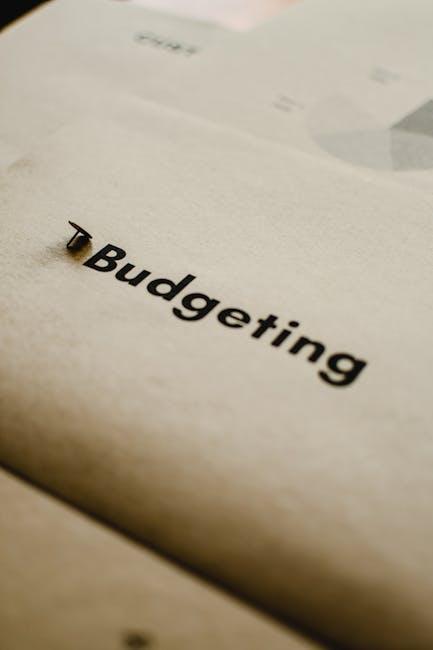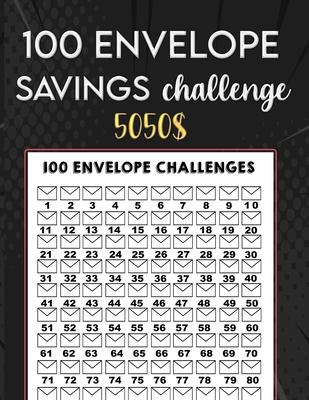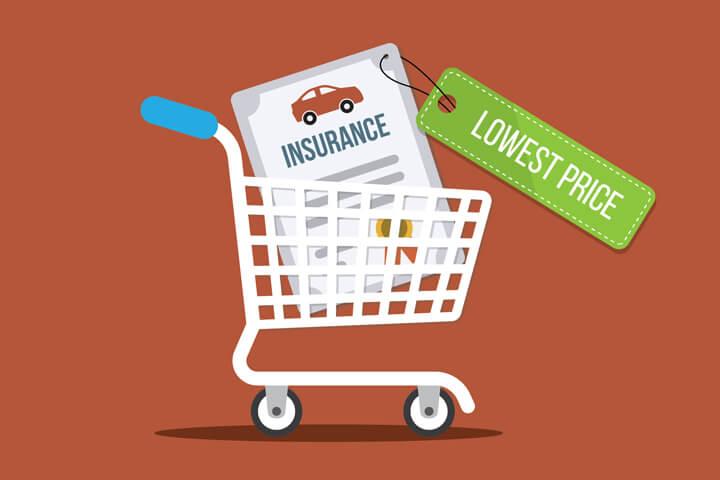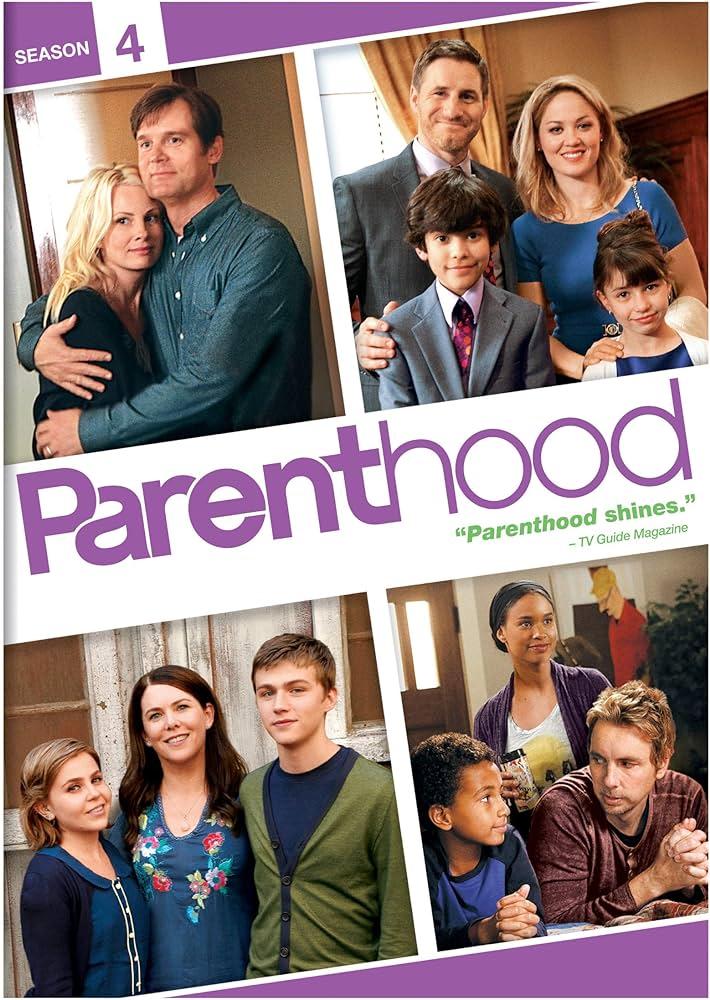Welcoming a new bundle of joy into your life can be one of the most exhilarating experiences, right up there with finding an extra fry at the bottom of the takeout bag. But let’s face it – along with the adorable giggles and precious milestones, parenthood comes with a financial price tag that could make even Scrooge McDuck reconsider his vault-diving habit. If you thought your avocado toast habit was burning a hole in your wallet, just wait until you see the price tag on designer diapers!
Don’t panic just yet; breathe out that baby formula price shock. This guide is here to accompany you on the sometimes bumpy, but always rewarding, road to financial preparation for parenthood. We’ll cover everything from crafting a baby budget to decoding your insurance options – with just enough humor thrown in to keep you from stress-eating your future child’s college fund. So, grab a cup of (very affordable) coffee, put your feet up, and let’s get the financial ducks in a row before your little one arrives to rearrange them all.
Budgeting for Baby: Making Sense of Dollars and Diapers
Bringing a baby into the world doesn’t just come with late-night feedings and adorable giggles; it also comes with a price tag that can make your wallet cry. Let’s start with the basics: diapers. These little bundles of absorbent joy will cost you a decent chunk of change over time. Expect to shell out for several hundreds of them in the first year alone. Thankfully, you can save a few bucks by buying in bulk or subscribing to diaper services. Opting for cloth diapers? Get ready for some messy but cost-effective maintenance.
Apart from diapers, there are other sneaky expenses you need to be aware of. Here’s a quick look at some essentials:
- Crib and Bedding – A comfortable spot for your baby to sleep that might cost more than your first car.
- Baby Clothes – Because onesies are adorable, but they outgrow them faster than you can say “cute!”
- Formula and Baby Food – Remember, those tiny jars might as well be filled with liquid gold.
- Health Care – Regular check-ups, vaccines, and perhaps unforeseen visits to the pediatrician.
Here’s a quick snapshot of what those costs might look like:
| Item | Estimated Cost (First Year) |
|---|---|
| Diapers | $500 – $1,000 |
| Crib | $200 - $800 |
| Baby Clothes | $200 – $600 |
| Formula/Baby Food | $1,200 – $2,400 |

Savings Strategies: Building a Nest Egg While Dodging Baby Wipes
Ready to start saving without getting buried under a pile of baby wipes? It’s not only possible but can also be fun! Begin by setting up a dedicated savings account for your baby’s future. Automate monthly transfers to this account, even if it’s just a small amount. You’d be amazed how quickly those dollars add up when you’re not constantly checking the balance. Also, consider using cashback apps and loyalty programs to earn rewards on your everyday purchases. Those little bonuses can become big contributors to your savings over time. Imagine turning a stack of old baby food coupons into the down payment on a tricycle!
Next, adopt some budgeting hacks that won’t drain your sanity. Here are a few ideas:
- Buy in bulk: Diapers, wipes, dog food—you get the idea. Warehouse stores are your new best friends.
- Cloth diapers: An investment at first, but they’ll save money and reduce waste.
- Cook in batches: Make extra portions of meals and freeze them. Batch cooking makes dinner easier and reduces the temptation to order takeout.
- Swap and shop secondhand: Join parenting groups or local forums where you can exchange toys, clothes, and baby gear.
Still skeptical? Check out this table for a quick glance at potential monthly savings:
| Strategy | Monthly Savings Estimate |
|---|---|
| Bulk Buying | Up to $50 |
| Cloth Diapers | Up to $70 |
| Batch Cooking | Up to $100 |
| Secondhand Shopping | Up to $40 |

Smart Investments: Because College Costs More Than Gold-Plated Baby Shoes
When it comes to future expenses for your little one, college is the financial Mount Everest you’ll need to prepare for. The cost of higher education seems to rise faster than a toddler on a sugar rush. That’s why it’s smart to start investing early. Here are some key investment options that can ease the financial strain:
- 529 Plans: These are tax-advantaged savings plans specifically designed for education costs. The earlier you start, the more you benefit from compounded growth.
- Roth IRAs: Originally meant for retirement, these can also be used for college expenses without penalties, offering tax-free distributions.
- UGMA/UTMA Accounts: These custodial accounts allow you to transfer assets to your child without needing a trust. Be mindful, though, the funds become theirs when they reach adulthood.
Besides the typical savings and investment plans, consider diversifying your portfolio to keep your financial boat afloat during stormy weather. Here’s a quick look at potential options:
| Investment | Pros | Cons |
|---|---|---|
| Stocks | High return potential | Can be volatile |
| Bonds | Stable income | Lower returns than stocks |
| Mutual Funds | Diversified | Management fees |
| Real Estate | Rental income | Requires maintenance |

Insurance Insights: How to Baby-Proof Your Wallet and Sanity
Picture this: the day you’ve been waiting for arrives, and your little bundle of joy is cradled in your arms. While diapers and sleepless nights might already be on your radar, what about your finances? It’s time to baby-proof your wallet and safeguard your sanity! Let’s start with some fundamental tips:
- Build an Emergency Fund: Kids are wonderful, but they can be unpredictably expensive. Aim to save at least three to six months’ worth of expenses.
- Review Your Insurance: Health insurance, life insurance, and even disability insurance might need an upgrade. Have you added Junior to your health plan?
- Consider Childcare Costs: Whether it’s daycare, a nanny, or even a babysitter, factor these into your budget early.
Your baby might be the center of your universe, but remember, it’s also crucial to think long-term. Here’s a quick table to help you visualize your financial check-up:
| Financial Task | Priority | Notes |
|---|---|---|
| Start a College Fund | High | Earlier, the better for compounding interest! |
| Update Will | Medium | Don’t forget Godparents, Guardians! |
| Review Retirement Savings | High | Your future self will thank you. |
Q&A
### Q&A:
Q1: Why should I worry about finances before having a kid?
A1: Because tiny humans come with big price tags. Seriously, they’re like loveable little bundles of joy that exchange your wallet for their whims. It’s better to prepare now so that you’re not Googling “kidney for sale” later.
Q2: How much does raising a child actually cost?
A2: Per recent studies, raising a child from birth to 18 years old can cost anywhere from $200,000 to $300,000. And that’s assuming they don’t develop a sudden passion for violin lessons or demand designer diapers. It’s like buying a really, really fancy car—except it drools.
Q3: What are some key financial areas to focus on before the baby arrives?
A3: You’d want to prioritize saving, budgeting, and insurance. Think of it as baby-proofing your bank account. To be specific:
- Saving: Start an emergency fund—because babies happen, and so do unexpected expenses.
- Budgeting: Review and adjust your budget to make room for baby costs like diapers, formula, and that stroller that costs as much as a small yacht.
- Insurance: Make sure you have health and life insurance. If nothing else, you’ll need coverage for when you inevitably step on a Lego.
Q4: How can I start saving for my child’s future education?
A4: Open a 529 college savings plan or an Education Savings Account (ESA) early. It’s a great way to get a head start because, as fun as it sounds, college tuition isn’t paid in hugs and finger paintings. Trust me, the future you (and your future college student) will thank you.
Q5: Is it worth it to buy expensive baby gear?
A5: Baby gear has a price range wider than your baby’s smile, but remember, function over fashion. Babies have a unique talent for outgrowing or out-messing things at lightning speed. Save where you can and splurge where it really matters—like on a crib and car seat, not on golden pacifiers.
Q6: What are some unexpected costs new parents often overlook?
A6: Think about hidden gems like increased utility bills, endless baby wipes, and that Netflix subscription you’ll need for those sleepless nights. Also, childcare costs can sneak up on you faster than a toddler with a permanent marker.
Q7: How can I budget for baby-related expenses if I’m on a tight budget?
A7: Get creative! Look for second-hand stores, accept hand-me-downs from friends and family, and use coupons like they’re going out of style. Babies can be stylish without designer brand diaper bags. They’ll love you just as much if you buy clothes from the clearance rack.
Q8: How necessary is it to build an emergency fund specifically for the baby?
A8: Absolutely necessary. Babies are unpredictable—not in the fun casino way, but in the “Oh no, you just swallowed what?!” way. An emergency fund will help cover surprise medical bills or emergency repairs (Did you know they can fit things in places you can’t even reach?).
Q9: Should I reevaluate my insurance policies?
A9: Yes! Once you have a new dependent, you’ll want to make sure your health, life, and disability insurance are up to snuff. Think of it as checking the parachute before you jump out of the plane—only this parachite also needs to cover your new co-pilot.
Q10: What’s the most important piece of financial advice you can give to new parents?
A10: Plan for the chaotic and expect the unexpected. Parenthood is a wild ride with more ups and downs than a roller coaster run by toddlers. Budget wisely, save diligently, and don’t spend all your cash on stuff your baby will grow out of in a week. And remember to enjoy the journey—navigating it with a good humor and a grounded financial plan makes all the difference.
To Wrap It Up
As you embark on the thrilling rollercoaster of parenthood, it turns out there’s more to budget for than just diapers and onesies. But fear not, future financial superheroes! With this comprehensive guide in hand, you’re now armed with all the tips, tricks, and budget hacks to take on this new adventure. You’ve got the savings strategies to outwit unexpected expenses, the budgets to keep your finances on track, and practical advice to ensure you’re not just prepared—but thriving.
Remember, while you may not be able to predict if your little one will become a future Picasso or a curious botanist, your financially prepared self can certainly handle whatever comes your way. So go forth, coin-counting crusaders, and may your wallets stay as full as your hearts. After all, you’ve got everything you need to balance the books and the binkies. Here’s to confident, well-planned parenthood, with a side of humor to keep things light. Now, go crush this parenting gig—your future self (and your bank account) will thank you!


